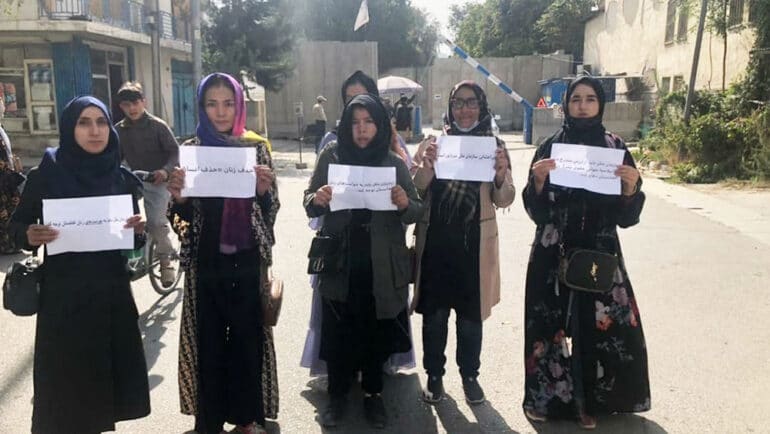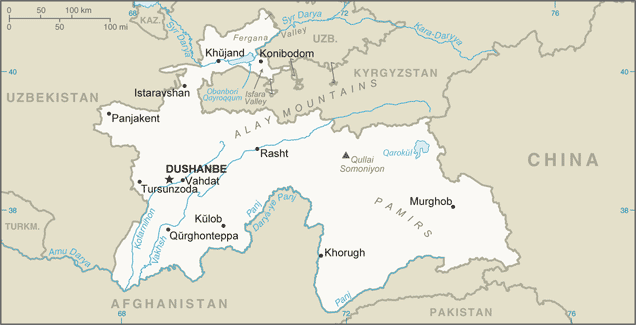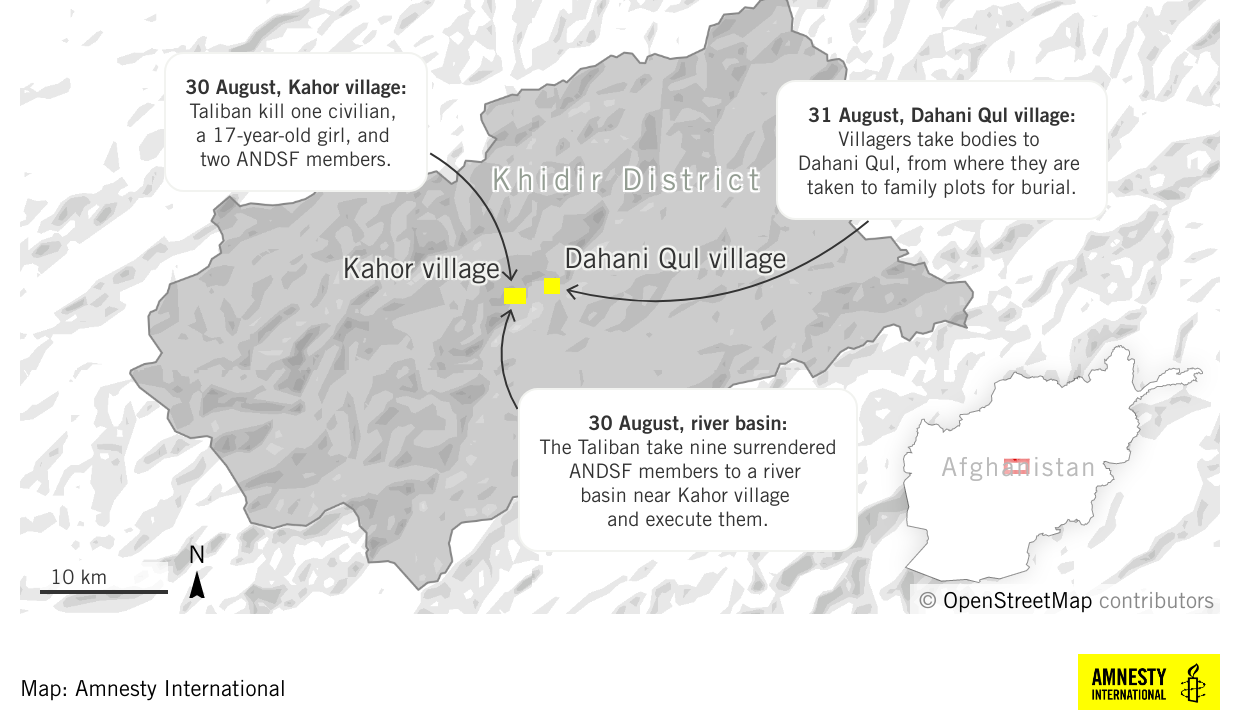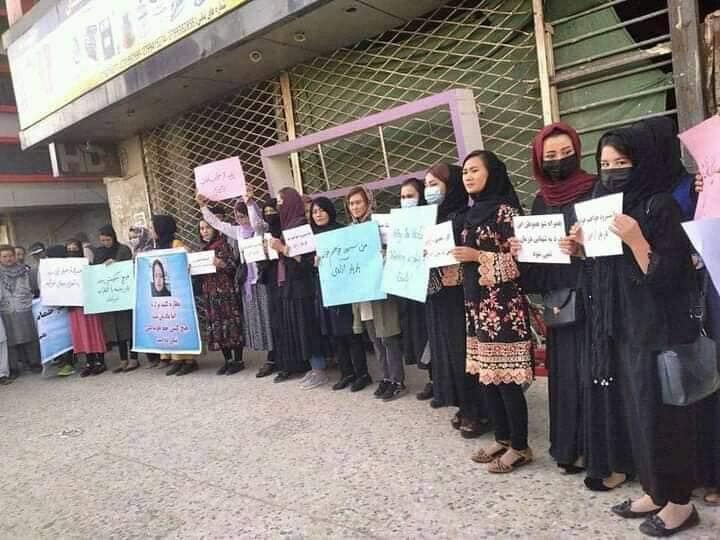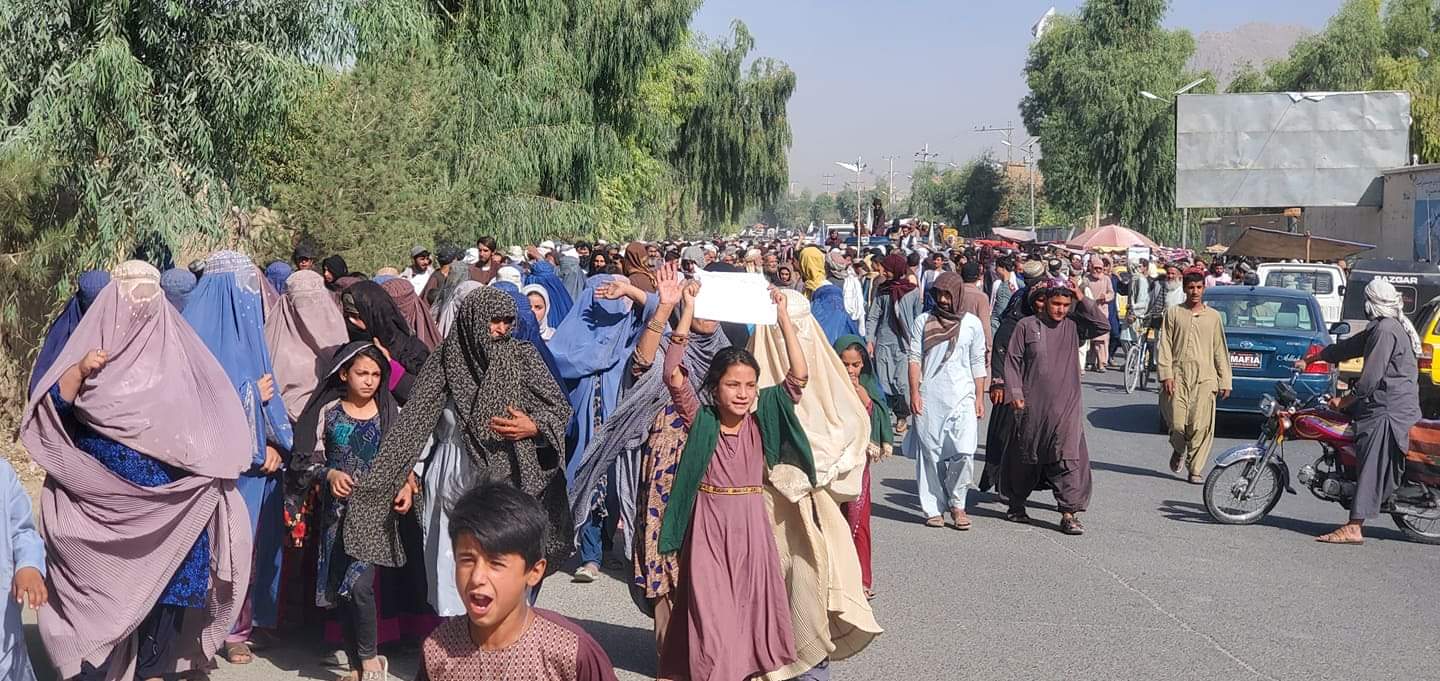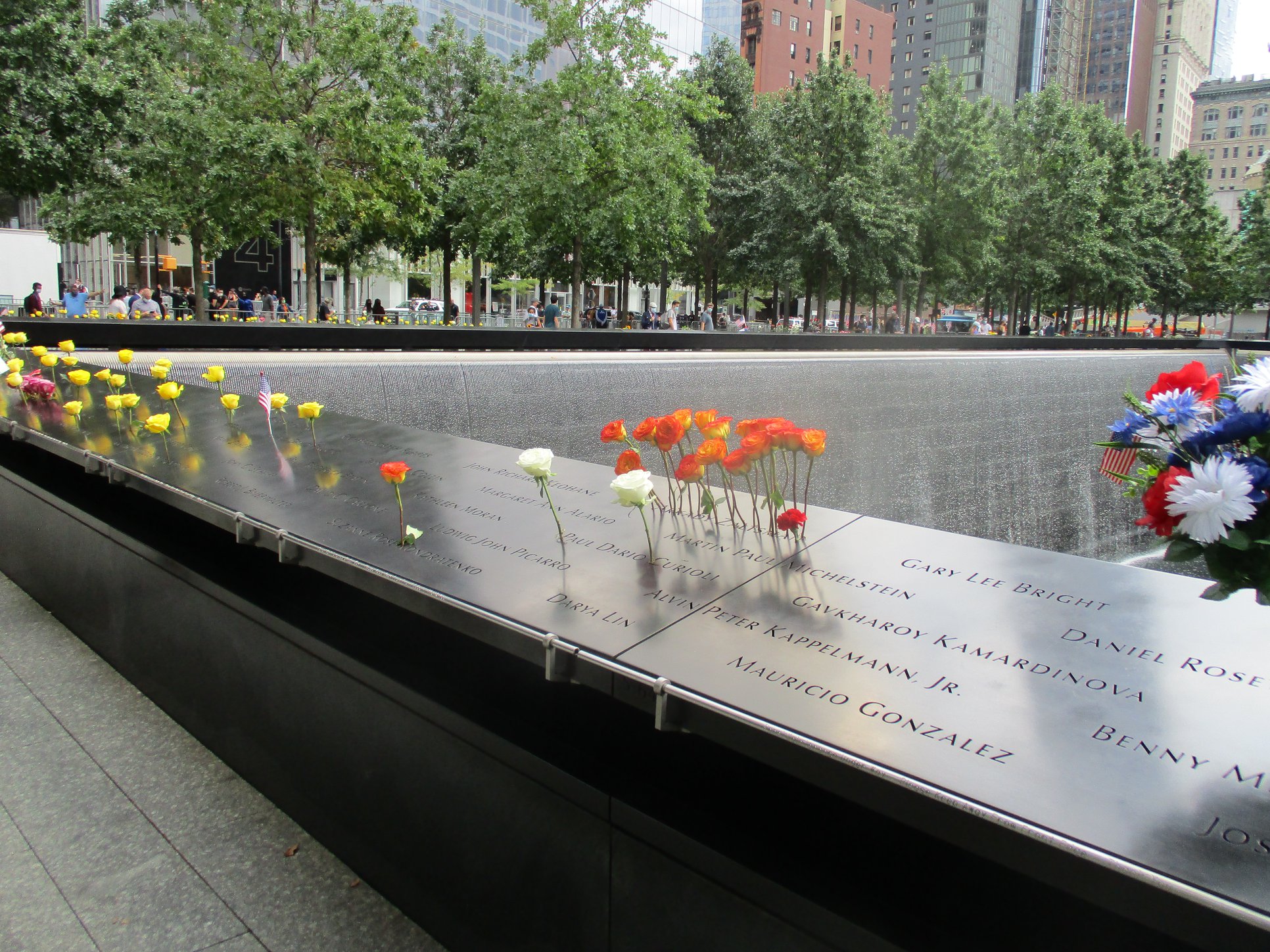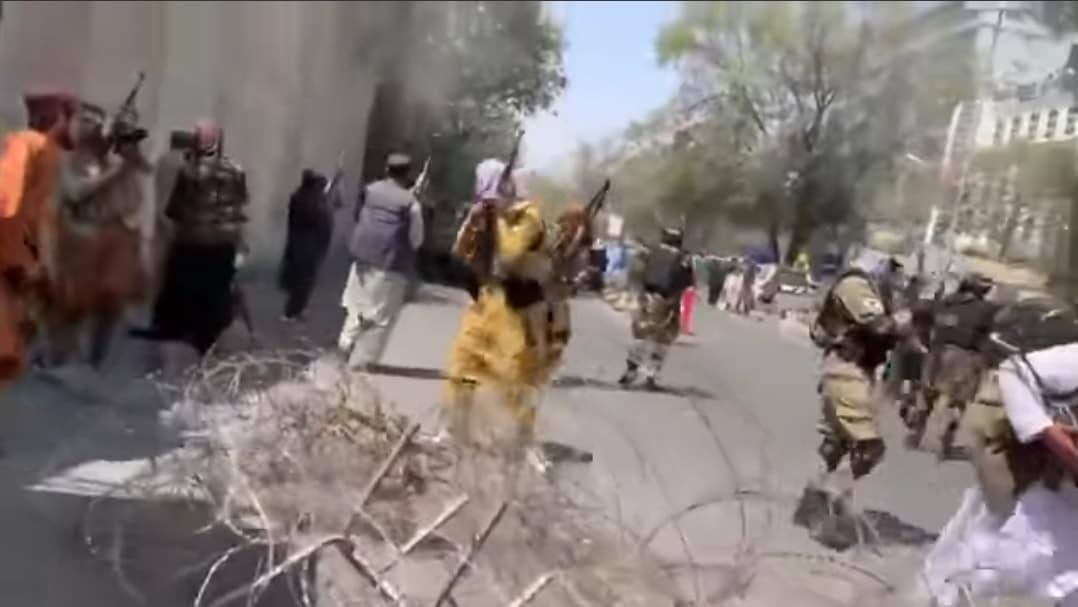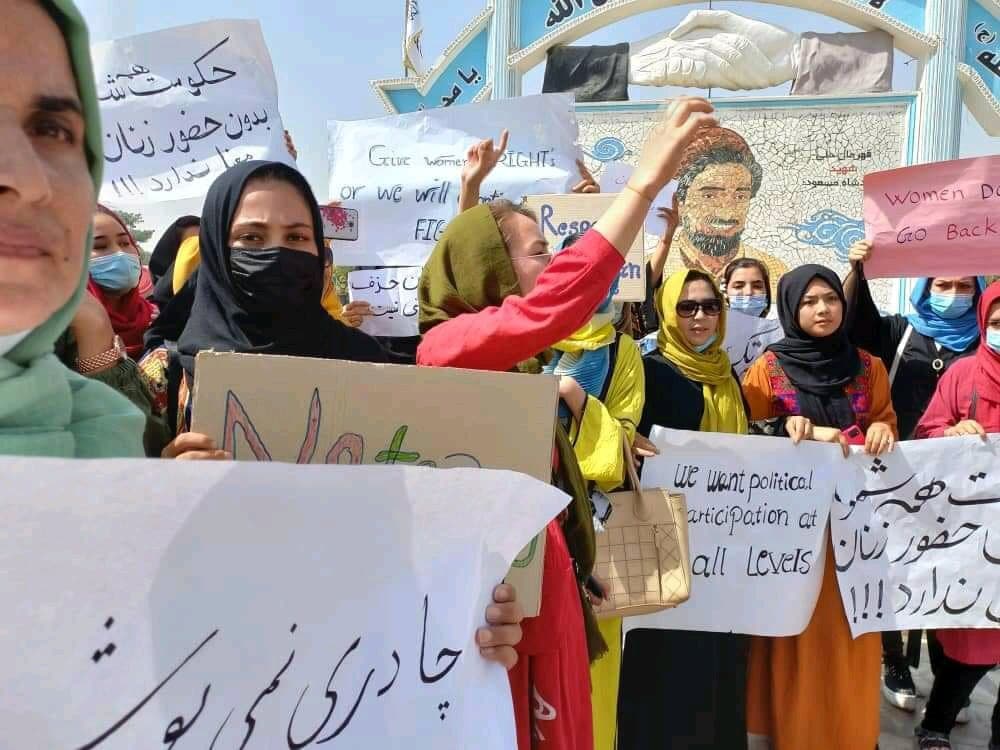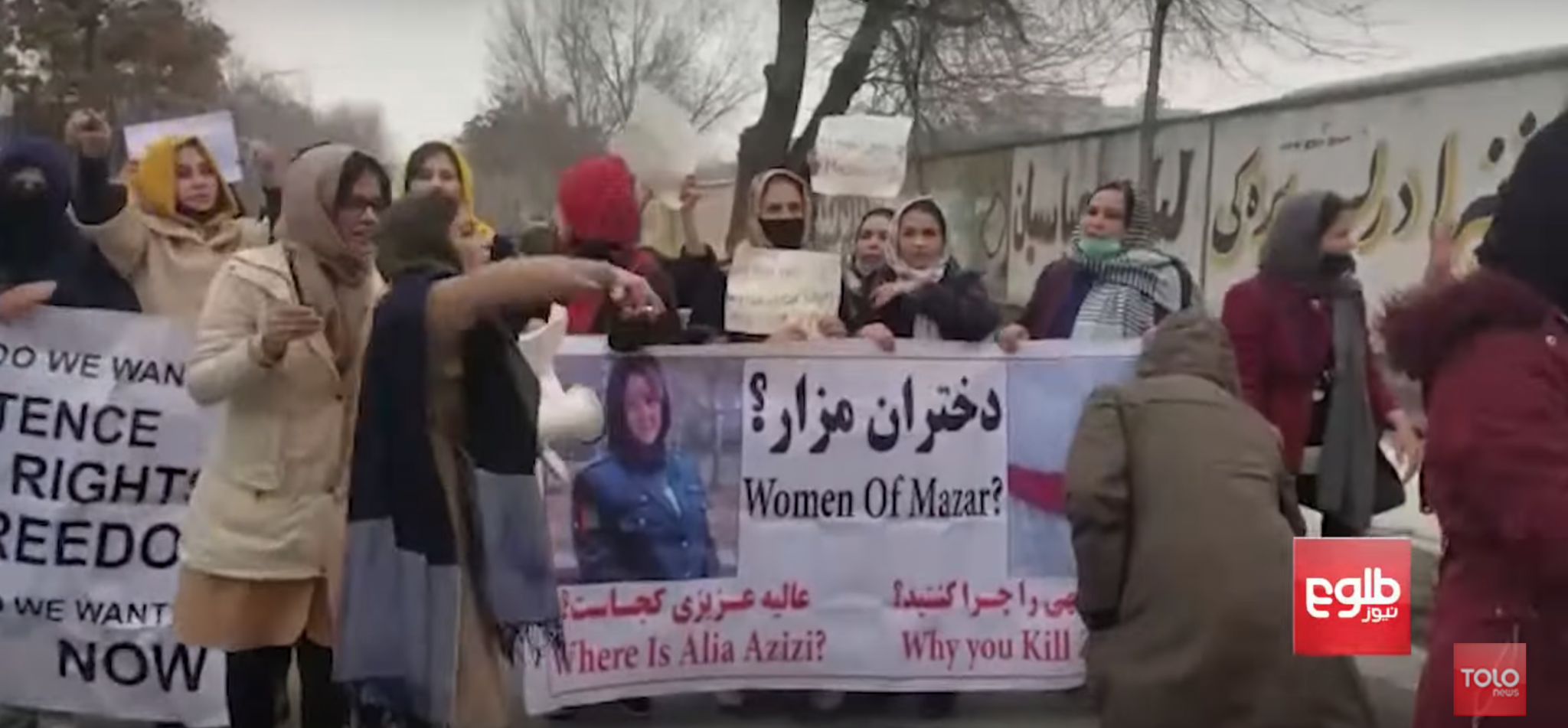
Afghanistan: Taliban repress women’s protest
Taliban fighters—now acting as the security forces of the self-declared “Islamic Emirate of Afghanistan”—used tear-gas to break up a protest by women in Kabul, called under the banner of “Rights and Freedom Now.” The small demonstration in the vicinity of Kabul University especially called attention to two incidents in recent days—the detention of three women activists at a protest in the northern city of Balkh, in Mazar province, who have yet to be released; and the slaying of two young women of the Hazara ethnic minority by Taliban gunmen at a checkpoint in Kabul. In the continuing protests since the Taliban seizure of power, women have been in the vanguard. (Photo: TOLO News)




